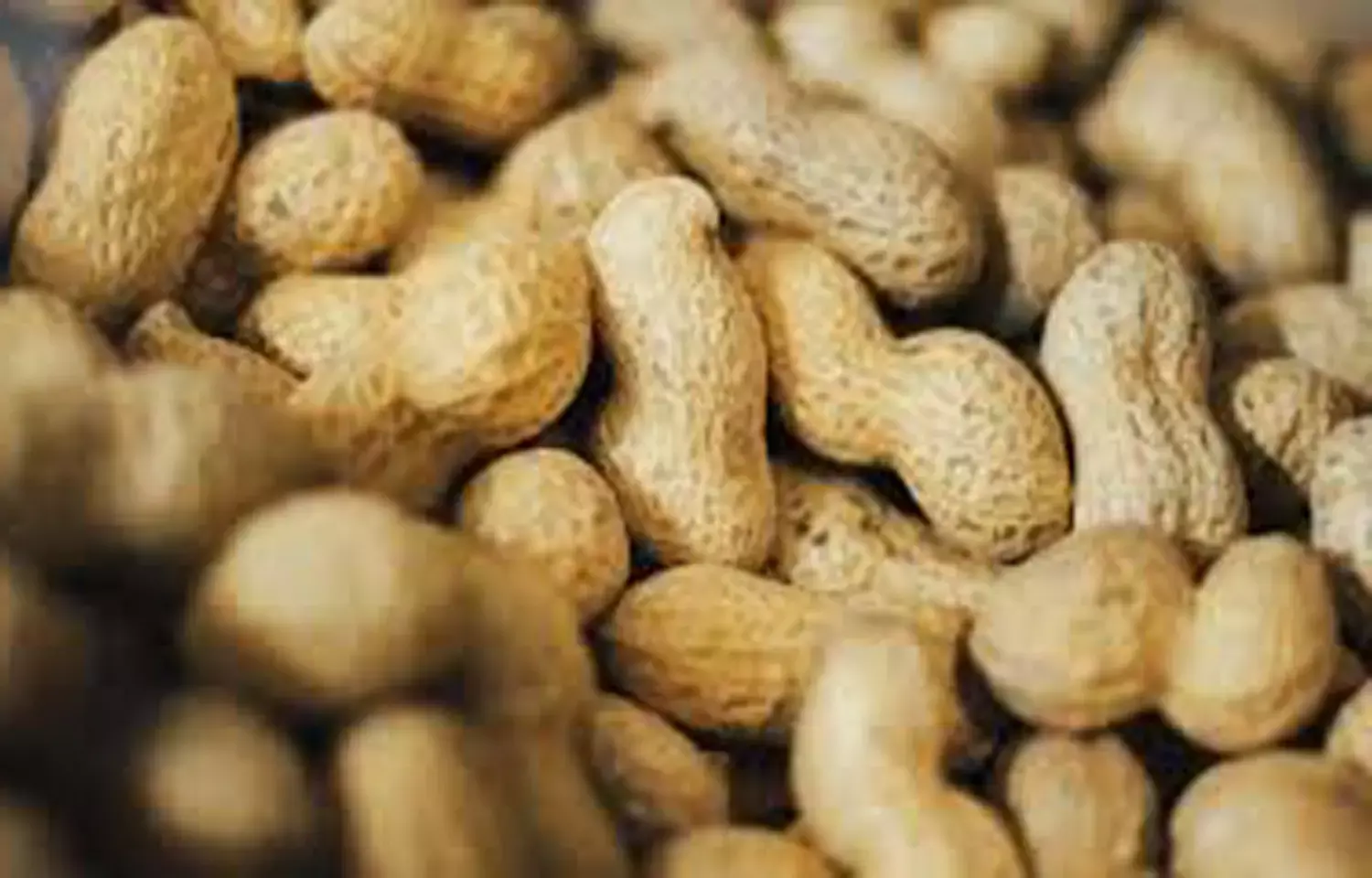- Home
- Medical news & Guidelines
- Anesthesiology
- Cardiology and CTVS
- Critical Care
- Dentistry
- Dermatology
- Diabetes and Endocrinology
- ENT
- Gastroenterology
- Medicine
- Nephrology
- Neurology
- Obstretics-Gynaecology
- Oncology
- Ophthalmology
- Orthopaedics
- Pediatrics-Neonatology
- Psychiatry
- Pulmonology
- Radiology
- Surgery
- Urology
- Laboratory Medicine
- Diet
- Nursing
- Paramedical
- Physiotherapy
- Health news
- Fact Check
- Bone Health Fact Check
- Brain Health Fact Check
- Cancer Related Fact Check
- Child Care Fact Check
- Dental and oral health fact check
- Diabetes and metabolic health fact check
- Diet and Nutrition Fact Check
- Eye and ENT Care Fact Check
- Fitness fact check
- Gut health fact check
- Heart health fact check
- Kidney health fact check
- Medical education fact check
- Men's health fact check
- Respiratory fact check
- Skin and hair care fact check
- Vaccine and Immunization fact check
- Women's health fact check
- AYUSH
- State News
- Andaman and Nicobar Islands
- Andhra Pradesh
- Arunachal Pradesh
- Assam
- Bihar
- Chandigarh
- Chattisgarh
- Dadra and Nagar Haveli
- Daman and Diu
- Delhi
- Goa
- Gujarat
- Haryana
- Himachal Pradesh
- Jammu & Kashmir
- Jharkhand
- Karnataka
- Kerala
- Ladakh
- Lakshadweep
- Madhya Pradesh
- Maharashtra
- Manipur
- Meghalaya
- Mizoram
- Nagaland
- Odisha
- Puducherry
- Punjab
- Rajasthan
- Sikkim
- Tamil Nadu
- Telangana
- Tripura
- Uttar Pradesh
- Uttrakhand
- West Bengal
- Medical Education
- Industry
Epicutaneous immunotherapy effective against peanut allergy related symptoms among toddlers: NEJM

Epicutaneous immunotherapy for a year was effective in desensitizing kids to peanuts and lowering the peanut dosage that elicited allergic symptoms in a recent experiment conducted by Matthew Greenhawt and team, including kids aged 1 to 3 with peanut allergies. The findings of this study were published in the New England Journal of Medicine.
Children aged 1 to 3 who had a peanut allergy that had been verified by a double-blind, placebo-controlled food challenge participated in this phase 3 double-blind, randomized, multicenter, placebo-controlled study. Epicutaneous immunotherapy using a peanut patch was administered in a 2:1 ratio to patients who had an eliciting dose of 300 mg or less of peanut protein (the dose required to cause an allergic reaction) or received a placebo given daily for 12 months. The triggering dosage of peanut protein at 12 months served as the key end point for assessing the therapy response. According to the occurrence of negative side effects when using the peanut patch or a placebo, safety was evaluated.
The key findings of this study were:
1. 84.8% of the 362 patients who were randomly assigned to the experiment finished it.
2. 67.0% of kids in the intervention group and 33.5% of kids in the placebo group showed the primary efficacy end point outcome, respectively.
3. Regardless of their relation to the intervention or placebo, adverse events were seen in 100% of patients in the intervention group and in 99.2% of patients in the placebo group.
4. 8.6% of patients in the intervention group and 2.5% of patients in the placebo group experienced serious adverse events; anaphylaxis occurred in 7.8% and 3.4% of patients, respectively.
5. In the intervention group, 0.4% of patients had serious treatment-related side effects whereas none did so in the placebo group.
Reference:
Greenhawt, M., Sindher, S. B., Wang, J., O’Sullivan, M., du Toit, G., Kim, E. H., Albright, D., Anvari, S., Arends, N., Arkwright, P. D., Bégin, P., Blumchen, K., Bourrier, T., Divaret-Chauveau, A., … Burks, A. W. (2023). Phase 3 Trial of Epicutaneous Immunotherapy in Toddlers with Peanut Allergy. In New England Journal of Medicine (Vol. 388, Issue 19, pp. 1755–1766). Massachusetts Medical Society. https://doi.org/10.1056/nejmoa2212895
Neuroscience Masters graduate
Jacinthlyn Sylvia, a Neuroscience Master's graduate from Chennai has worked extensively in deciphering the neurobiology of cognition and motor control in aging. She also has spread-out exposure to Neurosurgery from her Bachelor’s. She is currently involved in active Neuro-Oncology research. She is an upcoming neuroscientist with a fiery passion for writing. Her news cover at Medical Dialogues feature recent discoveries and updates from the healthcare and biomedical research fields. She can be reached at editorial@medicaldialogues.in
Dr Kamal Kant Kohli-MBBS, DTCD- a chest specialist with more than 30 years of practice and a flair for writing clinical articles, Dr Kamal Kant Kohli joined Medical Dialogues as a Chief Editor of Medical News. Besides writing articles, as an editor, he proofreads and verifies all the medical content published on Medical Dialogues including those coming from journals, studies,medical conferences,guidelines etc. Email: drkohli@medicaldialogues.in. Contact no. 011-43720751


